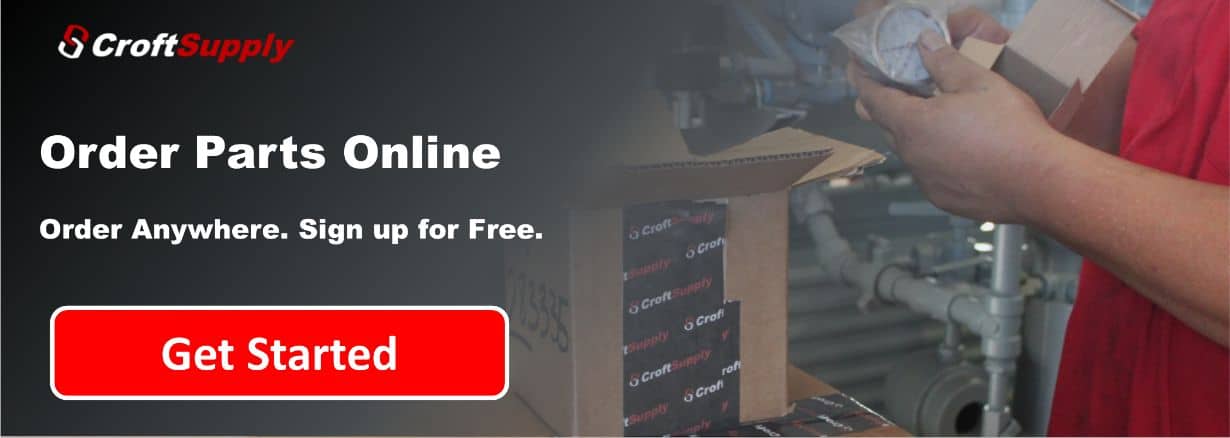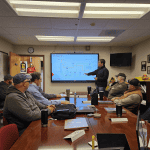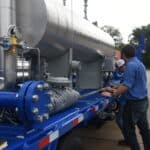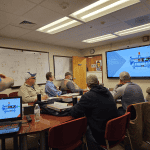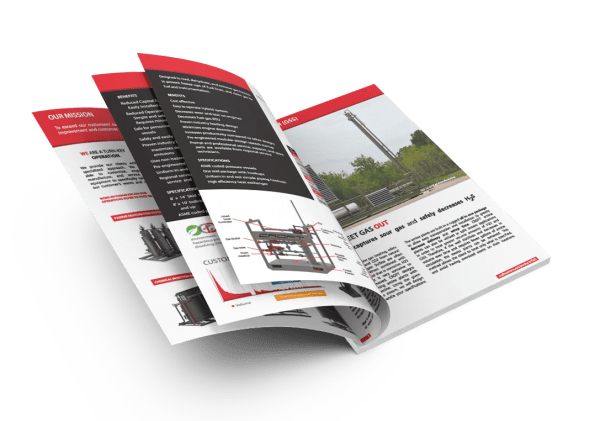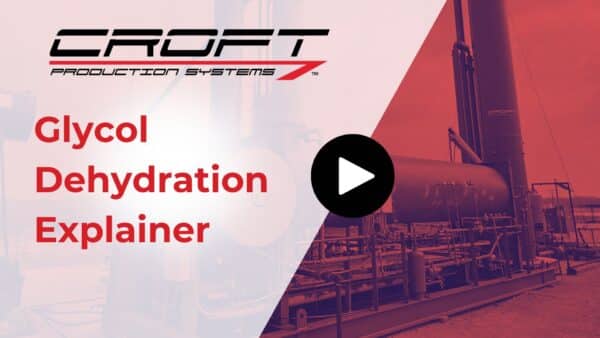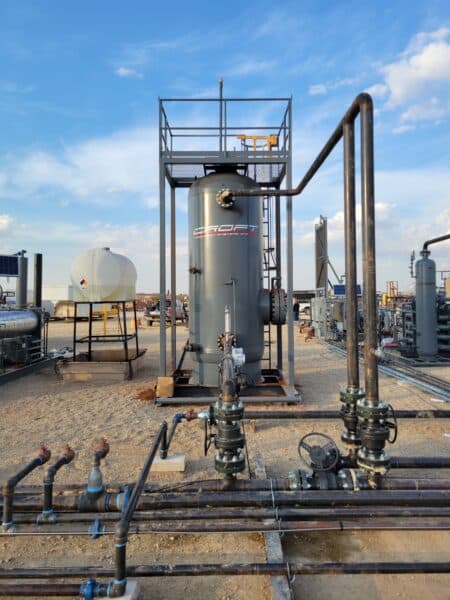Gas Processing Training Courses
The Gas Processing Courses cover equipment and processes primarily focused on the handling of natural gas and its associated liquids. The main topics covered include fundamentals, natural gas characterization, phase behavior, vapor-liquid equilibrium, basic thermodynamics, and water-hydrocarbon behavior, as well as all the key equipment to process natural gas. We try to look at the equipment from varying roles and responsibilities from engineering, facilities, and operators.
Glycol Dehydration Training Course
The Glycol Dehydration Training Course covers equipment and processes primarily focused on glycol dehydration, commonly referred to as TEG Dehydration, and also in the handling of filters and separation. The main topics covered include fundamentals and overview of glycol dehydration, step-by-step glycol dehydration process, glycol dehydration components, and the filters and separation. We try to look at the equipment from varying roles and responsibilities from engineering, facilities, I&E techs, and operators.
Course Breakdown Topics:
- Overview of Dehydration Processing
- Water Content of Natural Gas
- Step-by-step dehydration process
- Glycol Components
- Filters and Separation
- Pumps, Valves, and Heat Exchangers
- and More...
Frequently Asked Questions
Schedule a training session today!
Contact a sales representative to set up a call at 979-793-2100, or you can email [email protected].
1. Who are the training courses designed for?
Our gas processing courses are tailored for operators, engineers, and technicians in the oil and gas industry. Whether you’re new to the field or looking to expand your knowledge, CROFT’s training meets you at your skill level.
2. What topics are covered in the training?
Courses include natural gas fundamentals, dehydration, sweetening, treating, CO₂ and H₂S removal, glycol analysis, safety procedures, and troubleshooting techniques.
3. Are the courses classroom-based or hands-on?
CROFT provides a mix of classroom instruction and hands-on field training. Participants gain both technical knowledge and practical experience.
4. How long is each training course?
Course lengths vary based on content, but most range from one to three days. Customized training schedules are also available.
5. Do participants receive a certification?
Yes. Upon completion, participants receive a CROFT Certification recognizing their knowledge and practical skills in natural gas processing.
6. Can training be customized for my company’s needs?
Absolutely. CROFT offers customized programs to focus on the specific equipment, processes, and challenges at your site.
7. Where are the training courses held?
Training can be conducted at CROFT’s facilities, on-site at your operation, or virtually, depending on your needs.
8. Why choose CROFT for gas processing training?
Our certified instructors bring years of hands-on industry experience. They don’t just teach theory; they share practical solutions, troubleshooting methods, and production insights that improve day-to-day operations.
Features & Benefits
Resources
Gallery
